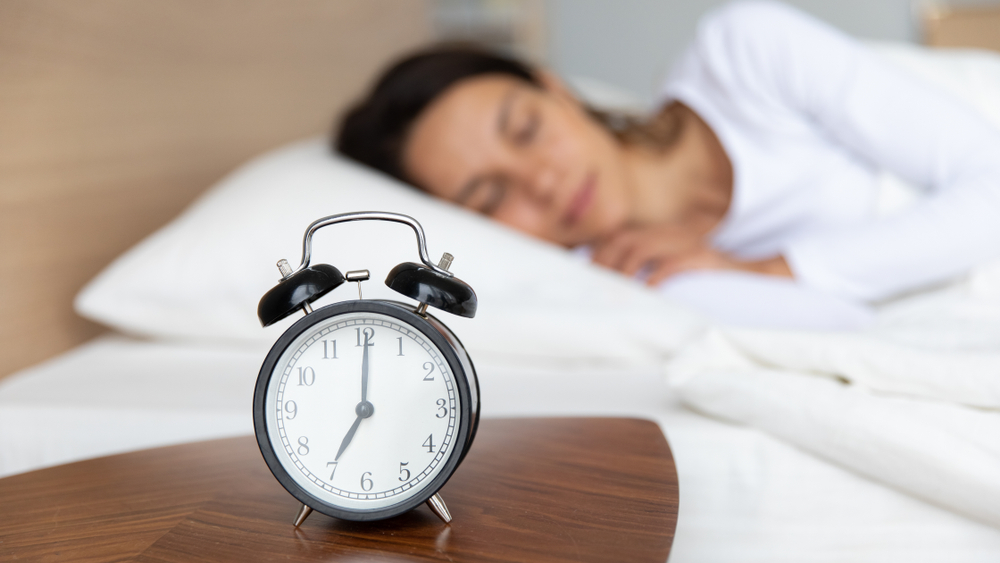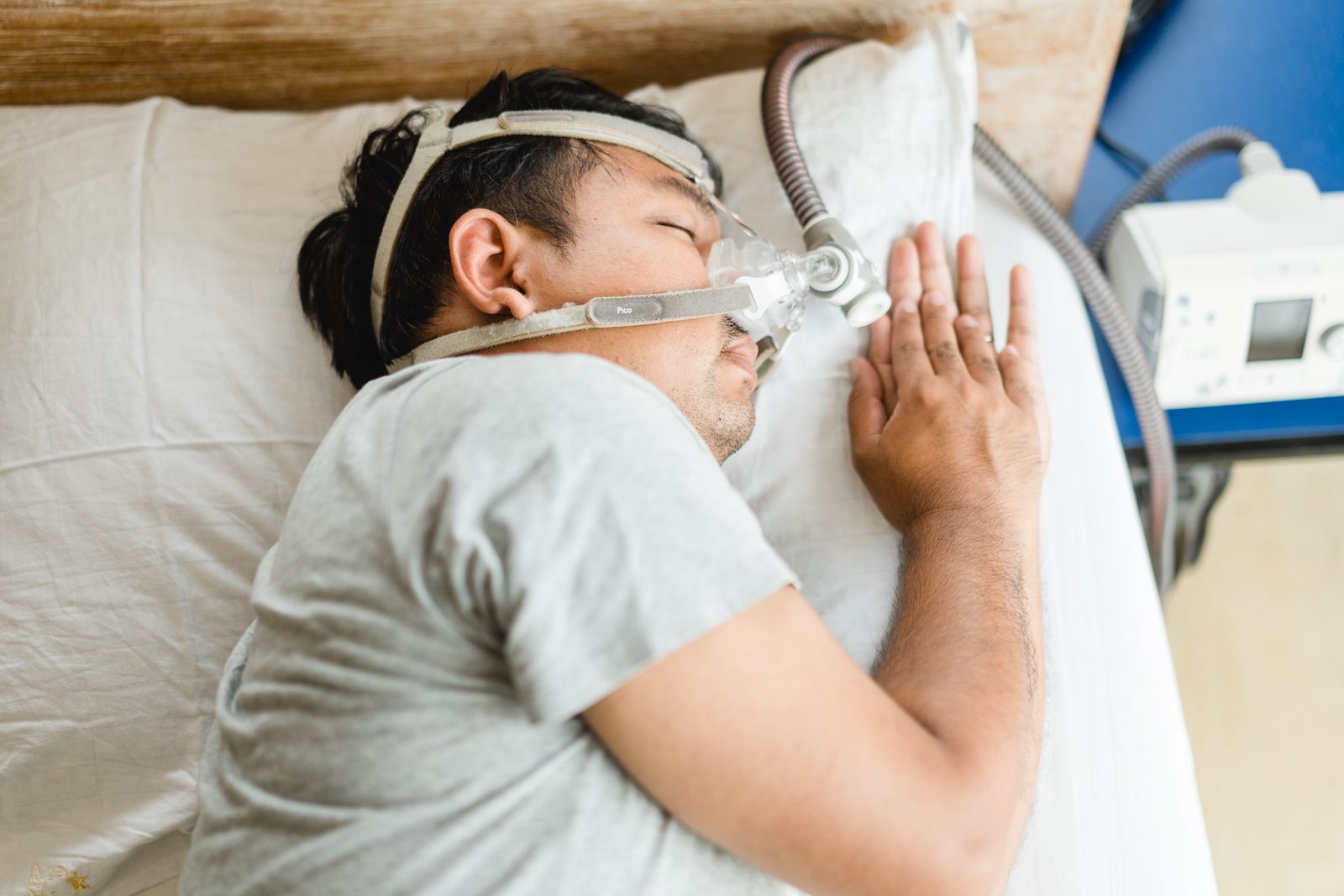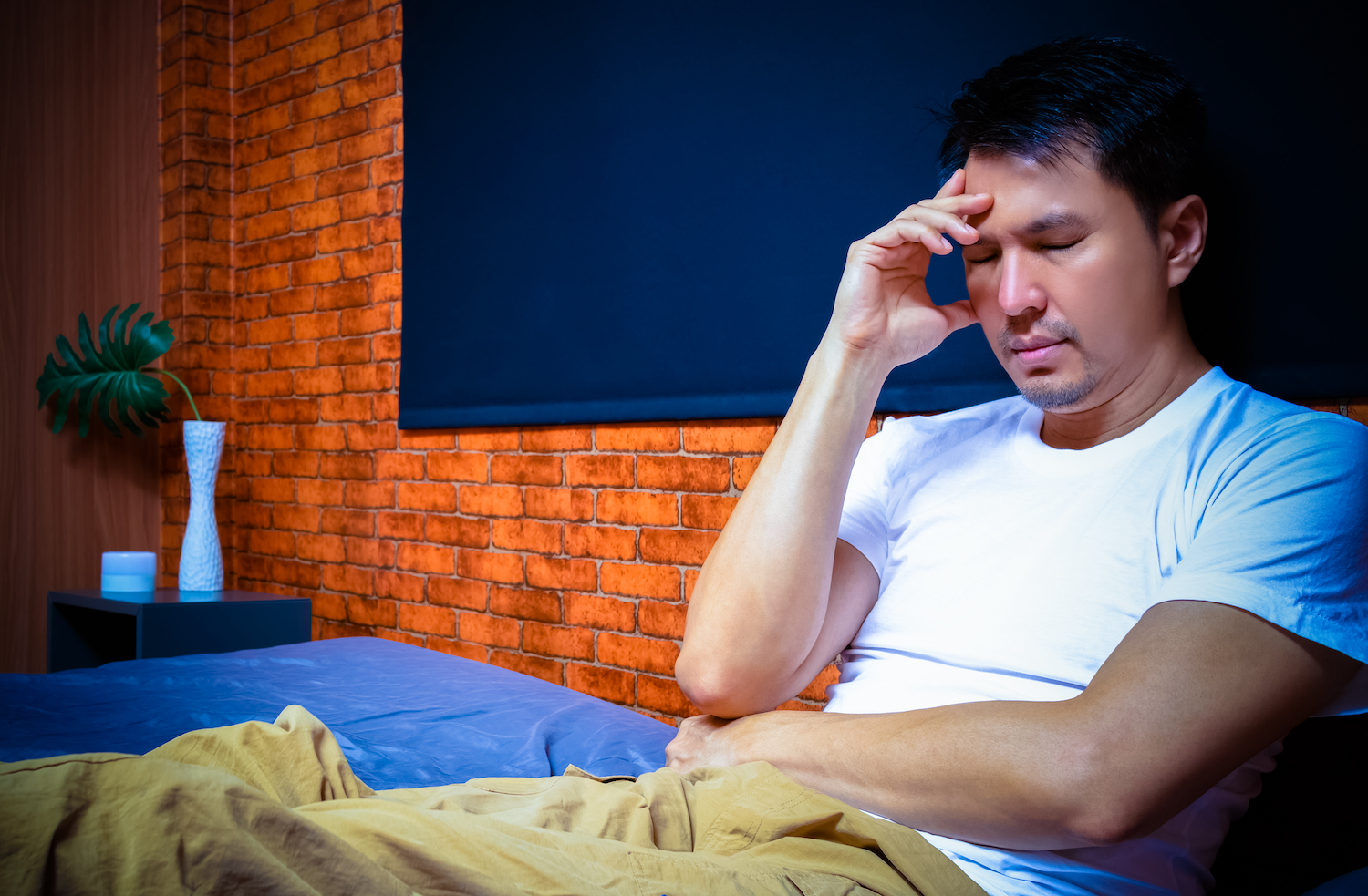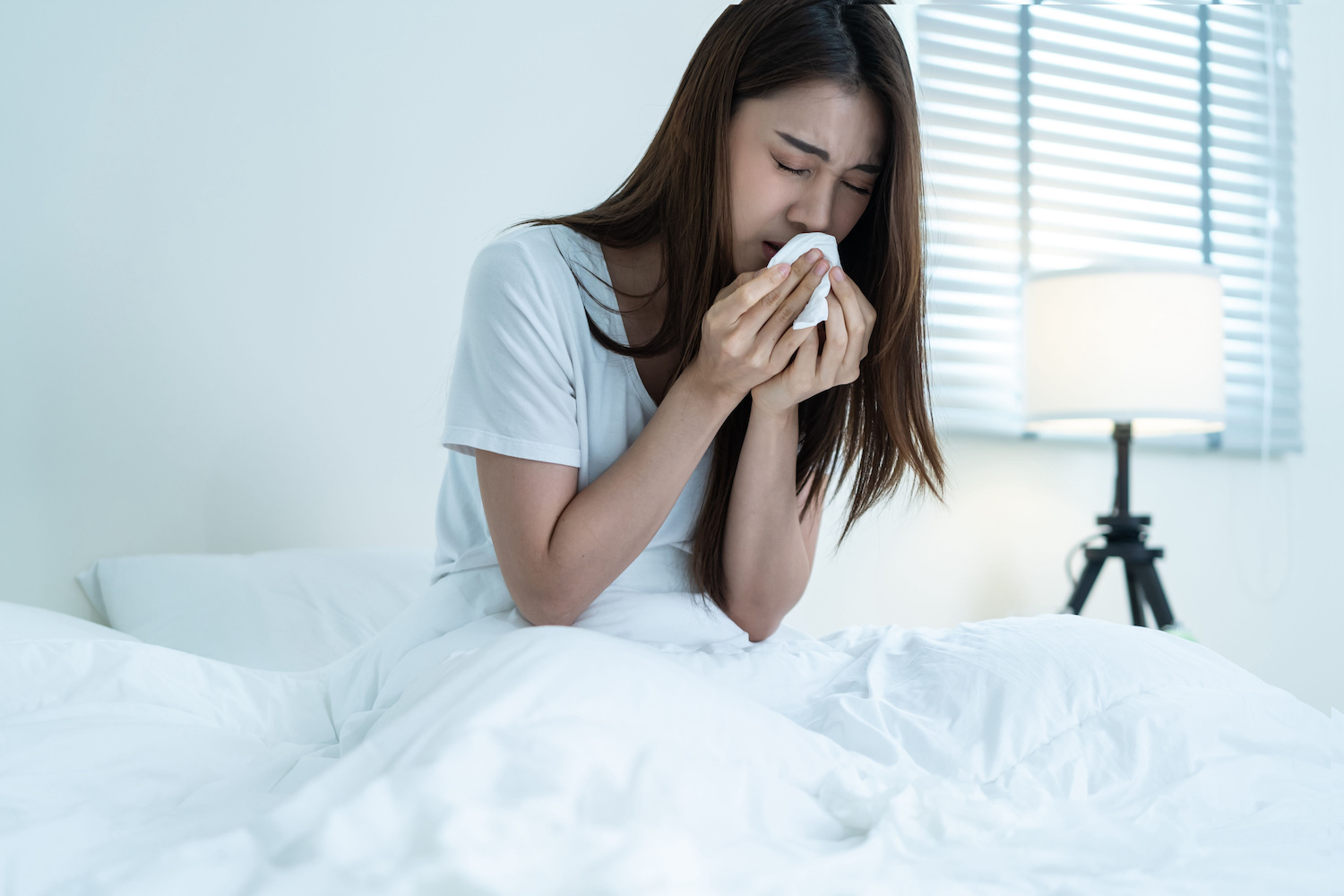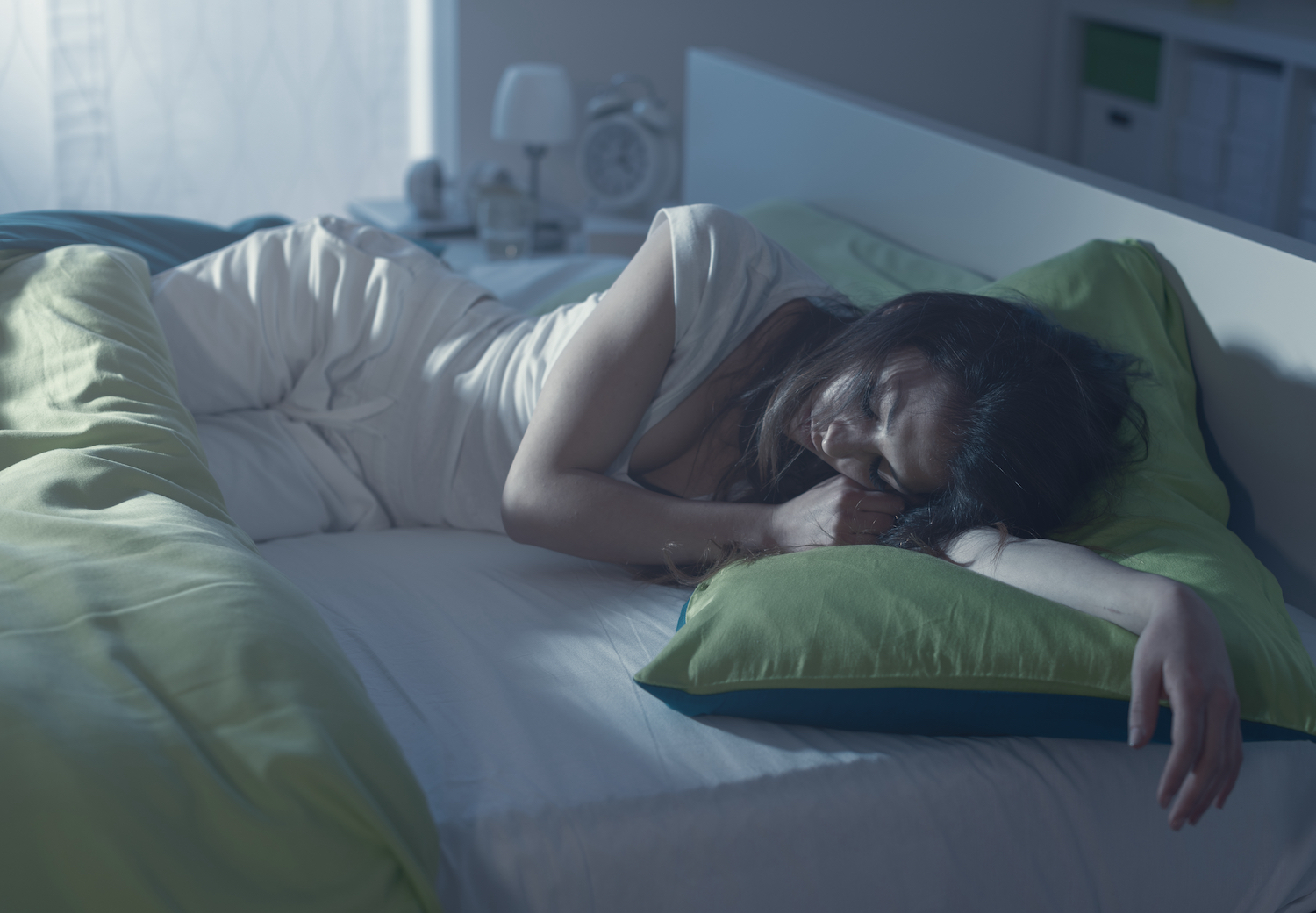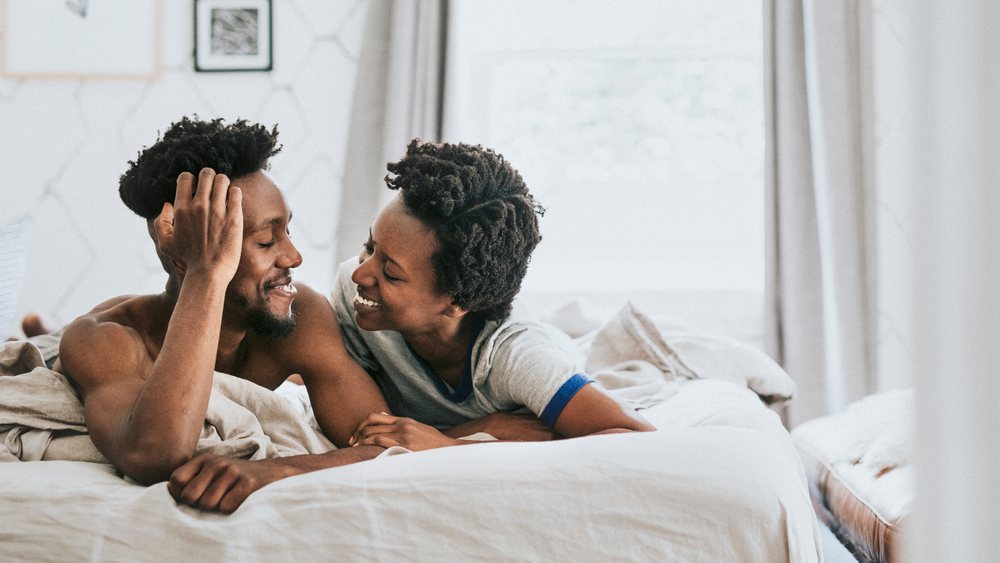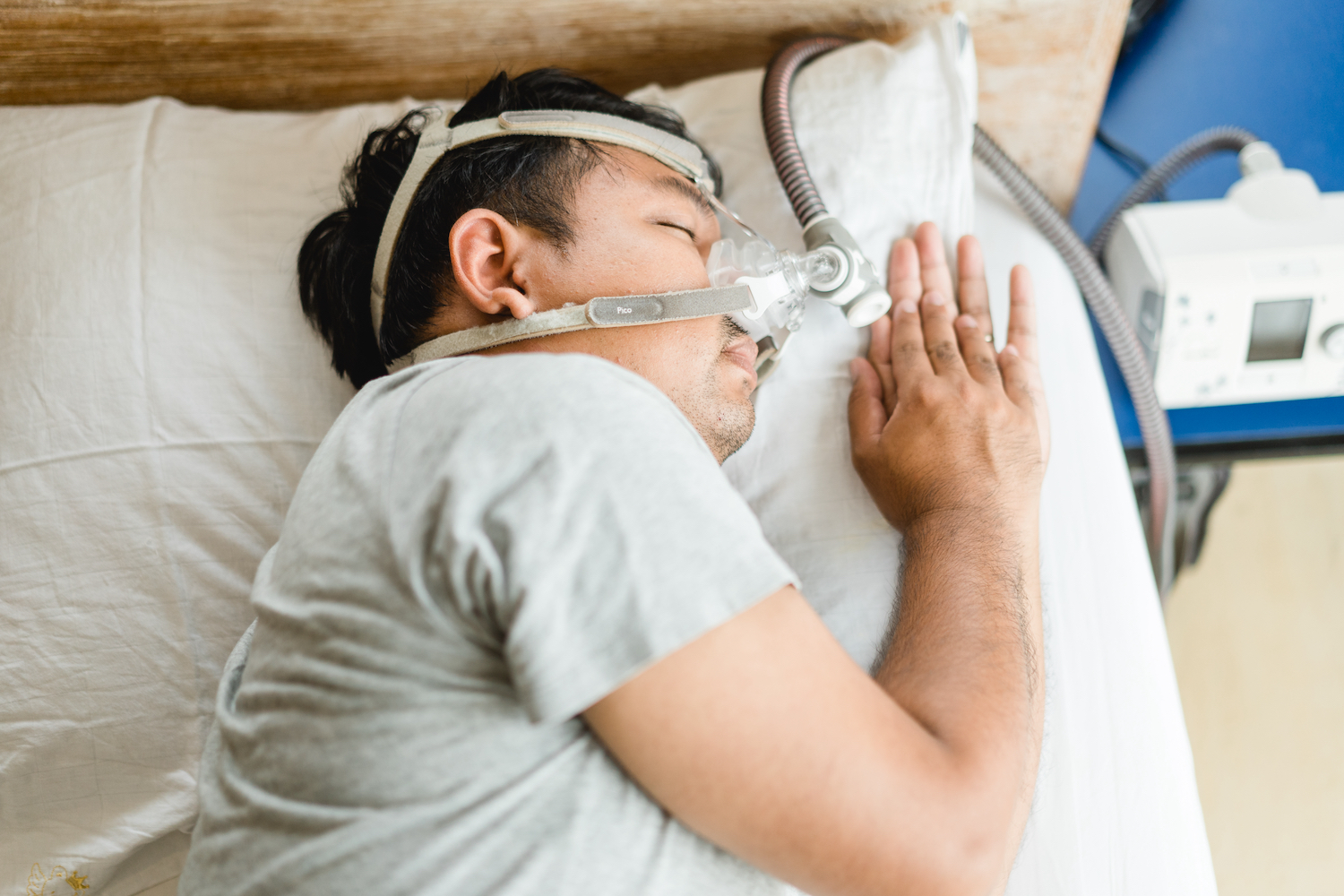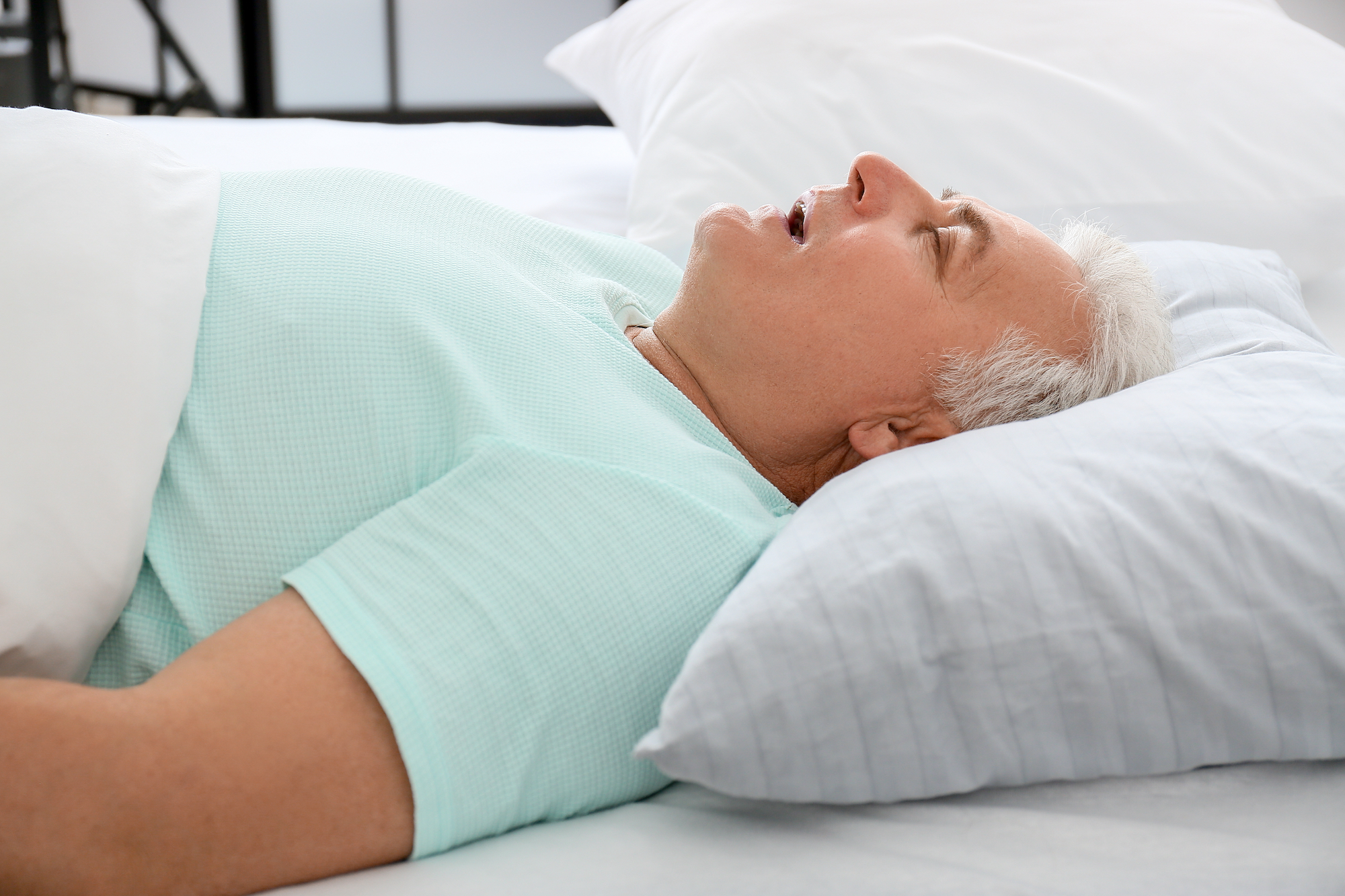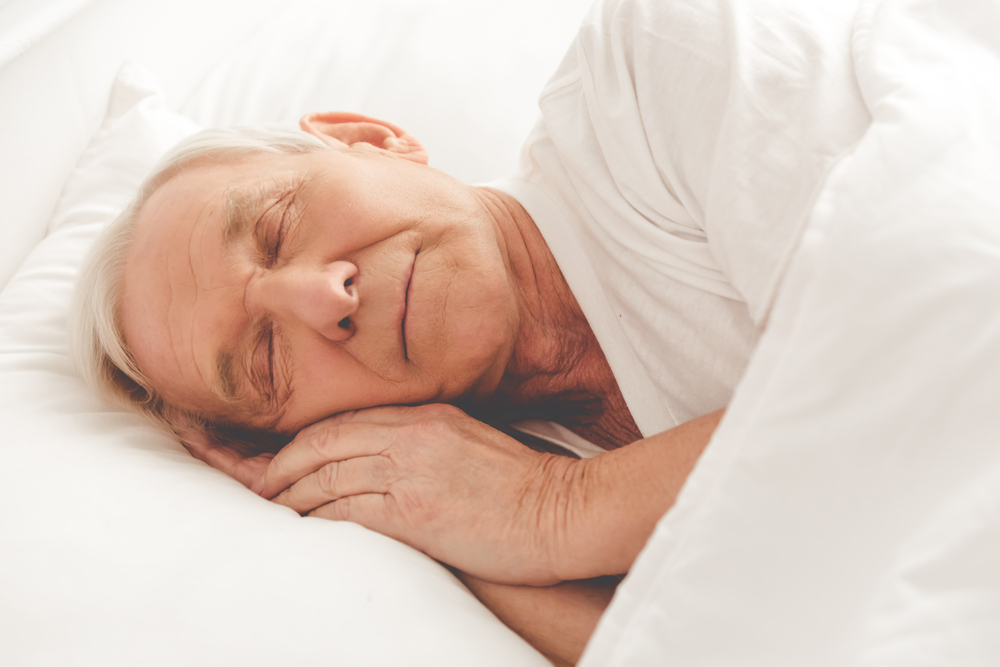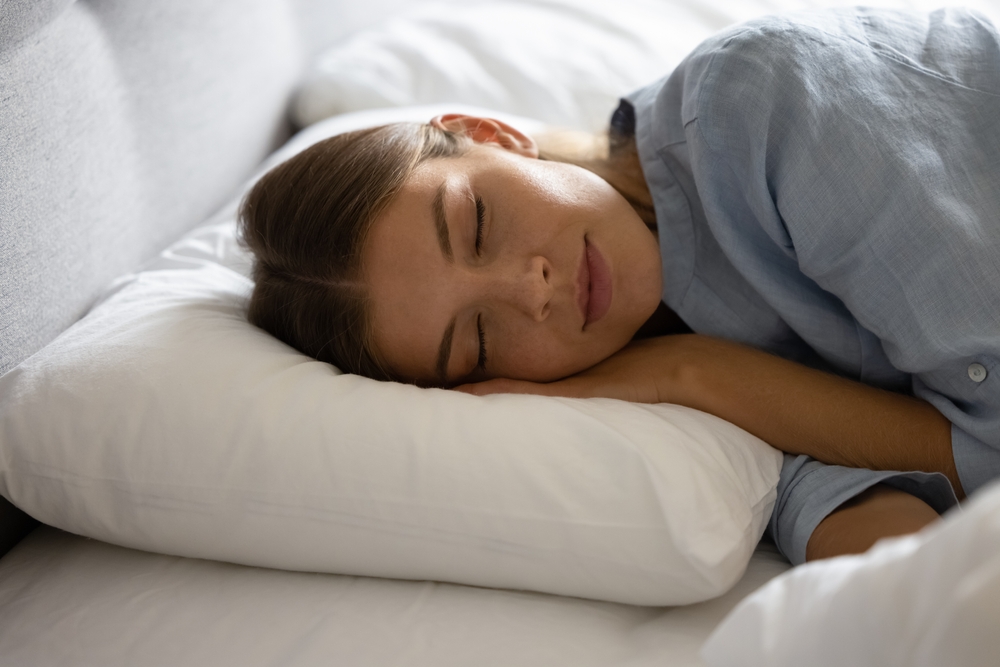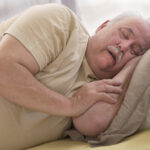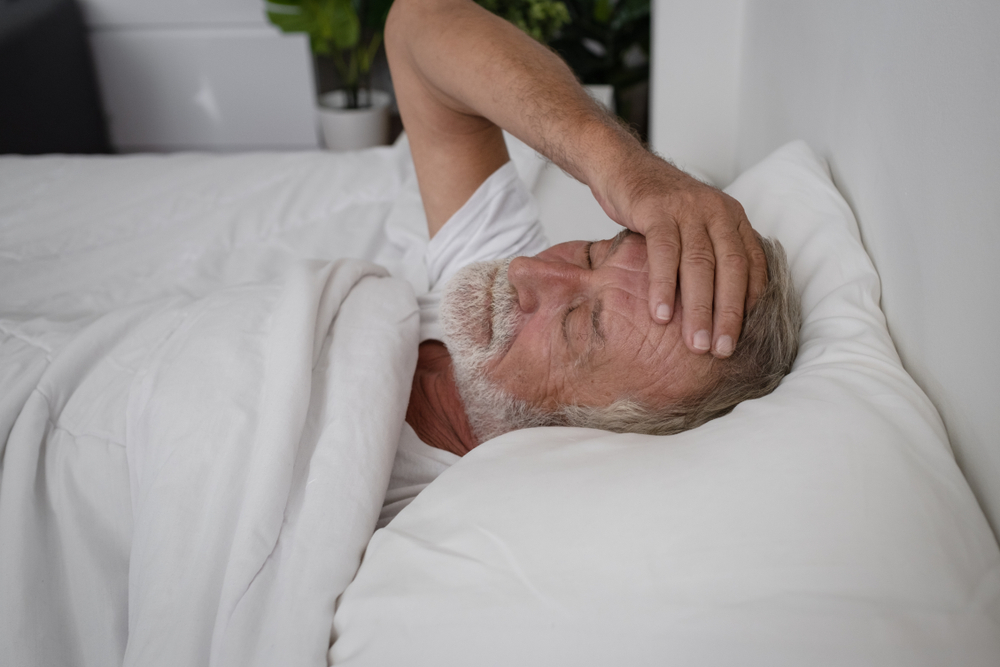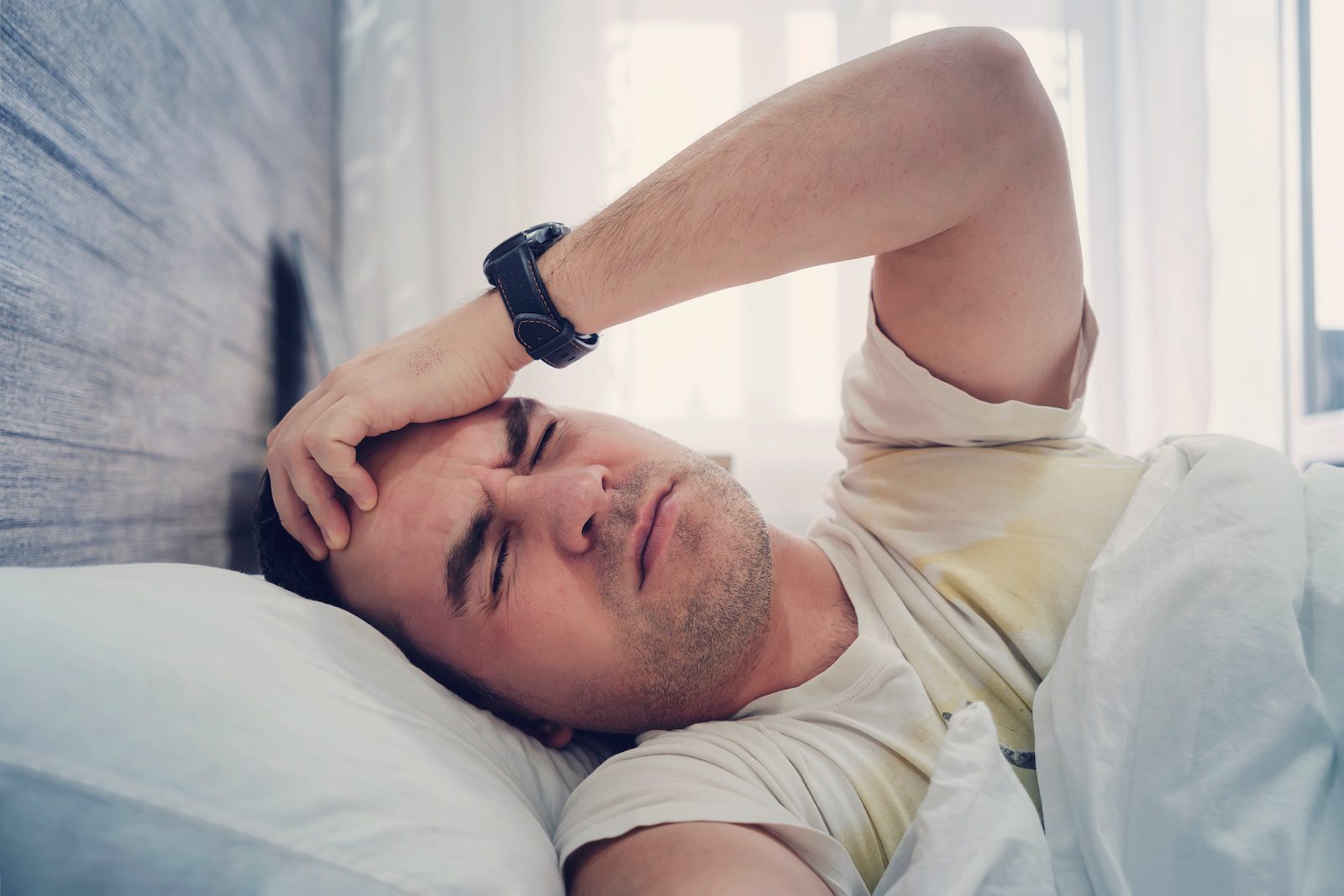Changes in our climate are causing temperature extremes. In major cities across the U.S., heat waves are occurring more frequently, lasting longer, and are hotter than ever before. While some people may prefer the warmer weather, heat can have a detrimental effect on sleep.
Sleep is important for overall health and well-being. Unfortunately, 1 in 3 adults do not get the recommended seven or more hours of sleep each night.
Warmer temperatures can make it harder both to fall asleep and to get enough of the deep, refreshing sleep the body needs. We discuss the role that temperature plays in sleep and how to get better sleep when it’s hot.
How Hot Weather Can Affect Sleep
Hot weather can create an uncomfortable environment, making it difficult to fall and stay asleep. For most people, the best room temperature for sleep is between 65 and 68 degrees Fahrenheit.
Internal body temperature fluctuates naturally while falling asleep and throughout the night. As you prepare to fall asleep, heat is drawn away from your body’s core, allowing your body temperature to drop. This lower temperature is critical for sleep onset and also leads to deeper sleep throughout the night.
Several studies have shown that increased nighttime temperature leads to insufficient sleep. Exposure to heat limits the natural drop in body temperature, promoting wakefulness and reducing the amount of time spent in deep sleep and REM sleep.
Tips for Keeping Cool at Night
If you are hot and can’t sleep at night, you can take several steps to lower the temperature in your home and keep your body temperature from increasing.
Draw the Curtains
Closing the curtains or shades will help keep both light and heat out of your sleeping space.
Light prevents your brain from releasing melatonin, the hormone responsible for initiating sleep. When less light is available, such as after closing curtains, this signals the release of melatonin into the blood and makes it easier to fall asleep.
Sunlight can also transmit heat into your bedroom. If you need to go to bed while it is still light outside, closing the curtains or shades will limit or stop the sunlight from heating the room.
Closing the windows themselves when it is hotter outside than inside will also keep the room cooler.
Drink Cool or Iced Water
Drinking water throughout the day to stay hydrated is good for overall health. Drinking cool liquids also helps to keep body temperature down, especially in hot surroundings. When the temperatures rise, you may need to drink even more water to replace the water your body loses through sweat in its effort to stay cool.
Use Comfortable Clothing and Bedding
Wearing loose and lightweight clothes and using cooler bedding materials can have a positive effect on sleeping in hot weather.
- Wear more comfortable clothes
Sleeping in lighter and looser clothes during warmer weather may help to keep you cooler. Also, removing or limiting the use of thick blankets can help reduce heat and body temperature as you sleep. - Invest in lighter sleeping materials
Bedding materials that allow for better airflow or improved breathability, like cotton or linen, will help you stay cooler. - Use a cooling pillow or mattress
Some pillows or mattresses are designed to improve airflow around the body, to help reduce the temperature and improve comfort. - Freeze sleeping materials
One way to ensure that your sheets are cold is to freeze them. This can be accomplished by placing them in a plastic bag to reduce moisture, sealing it, and then placing it in the freezer. You can also freeze an eye mask to wear on your face.
Avoid Exercise Before Bed
Exercise generates heat and increases body temperature, which can make it more difficult to fall or remain asleep, especially in hot weather. Routine exercise is important to help maintain good health and has been shown to help improve sleep. But exercise is best done more than 90 minutes before bedtime, giving your body time to cool down.
Avoid Sharing a Bed
When two bodies are in contact or in close proximity to each other, they generate and radiate heat, which can increase the temperature of the surrounding area. As a result, sharing your bed with another person or a pet may lead to increased heat.
Sleep on the Floor
If you sleep alone and still feel hot, an alternative could be sleeping on the floor. This may be cooler than sleeping on a higher bed frame, because warm air rises. If you are not comfortable directly on the floor, you can try putting your mattress on the floor or using a platform bed that is much lower to the ground.
Be Careful With Alcohol and Food
Avoiding alcohol before bed can help you sleep better, too. Drinking alcohol can cause you to urinate frequently and lose water from your body. As a result, you can become dehydrated, making it more difficult to stay cool through sweating.
Certain eating habits may also negatively affect your ability to sleep well. Eating large or heavy meals within two or three hours before bed can make it more difficult to fall asleep. Also, eating hot or spicy foods before bed can increase body temperature, affecting sleep onset and quality.
Still have questions?
Sleep apnea products can be confusing. If you need individualized assistance, send us an email at [email protected] with your questions and we'll help find the best fit for you.


